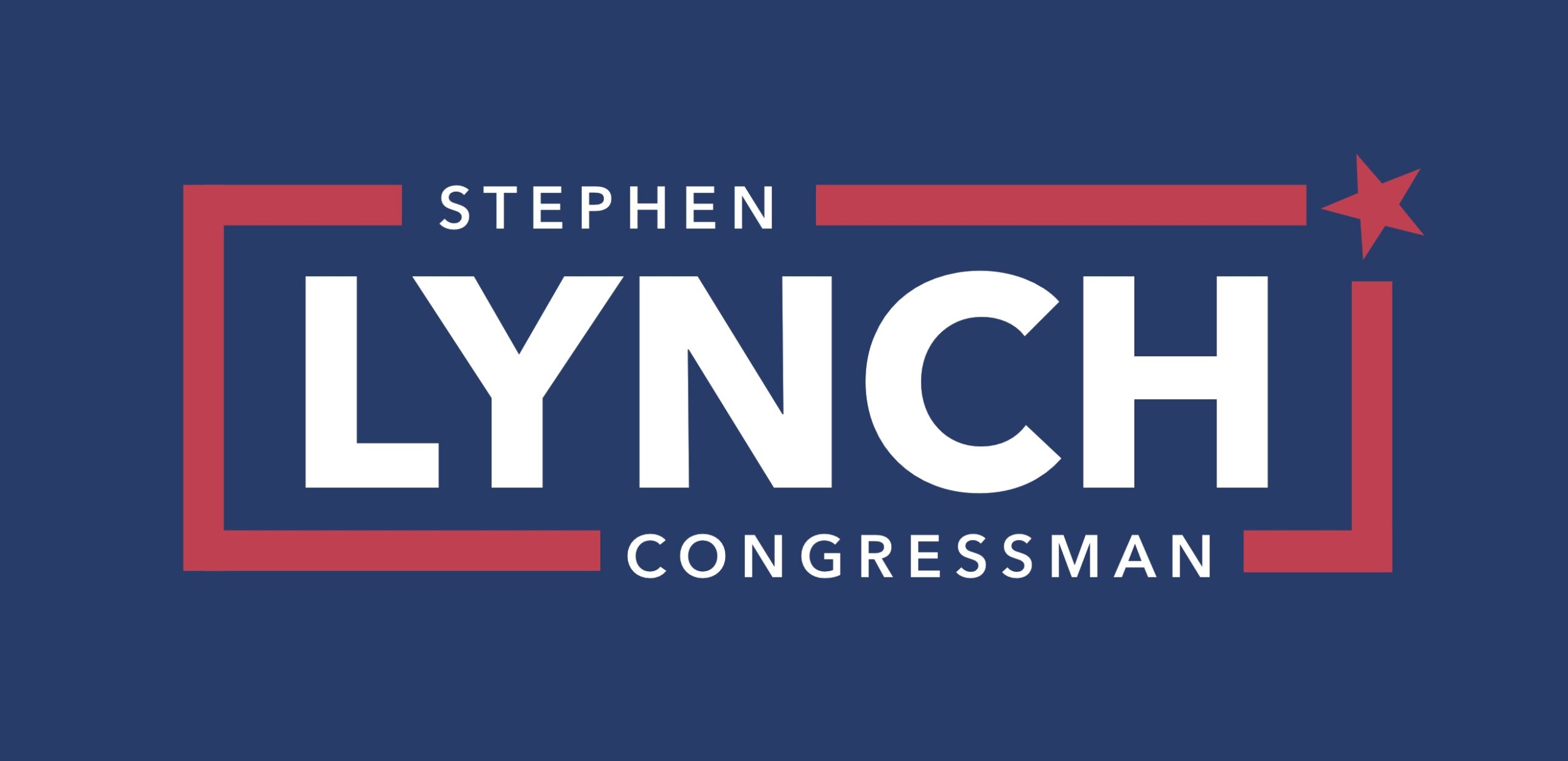WGBH-TV
By Marilyn Schairer
Massachusetts Rep. Stephen Lynch is leading a congressional delegation this week to Poland, Romania, Moldova and nearby countries that border Ukraine. The seven representatives are on a humanitarian trip to speak with refugees, diplomats and members of the U.S. Army’s 82nd Airborne amid Russia’s invasion of Ukraine.
Lynch called GBH News from Chișinău, the capital city of Moldova, to share what he’s seen on the ground, offer praise to Ukrainian President Volodymyr Zelenskyy, explain his opposition to a no-fly zone over Ukraine and relay the spirit in Ukrainian fighters.
On Sunday, Lynch met with Ukrainian refugees that were arriving into Polish train stations. So far, the UN estimates nearly 3.5 million people have fled Ukraine. The congressman said some of the trains pulled into the station with as many as 2,500 people on board.
“Over two days, they had over 20 trains come in,” Lynch said, noting that he’s witnessed the division of families as husbands and fathers escort wives and young children to areas close to the Ukraine border, then go back to fight. “That’s the saddest part of this.”
In other times of displacement, Lynch has seen huge camps set up for thousands of people in the Middle East. “In this case, every single refugee is being accepted into a private home,” he said. But he warned that Polish residents’ capacity to take in people is quickly declining and eventually could result in refugee camps.
Lynch said that most refugees want to go to Europe, but outside of that the U.S. and Canada were the two top choices, and most of those refugees are being flown to the U.S. to be with families and extended families.
On the politics of the invasion, Lynch stood by his stance in supporting the U.S. government’s position against a no-fly zone over Ukraine.
“If there was a way to do it, if it was effective, sure, I’d be in favor of it without creating World War III,” he said.
He explained that an established no-fly zone over Ukraine would require U.S. forces to shoot down Russian aircraft. In addition, he said most of the Russian fighting tactics against Kyiv, Kharkiv and other major cities are comprised of long-range artillery, and a no-fly zone wouldn’t help those barrages.
Lynch also commented on Zelenskyy’s efforts to make a deal with Russia by proposing a cease-fire plan that would involve his country’s pledge not to seek membership with NATO.
“I tend to think that’s not a good move, but, you know, President Zelenskyy, his citizens are being massacred,” Lynch said. “The Russians are killing his children and civilian population and he’s under a lot of pressure. … He’s doing a hell of a job and is absolutely heroic.”
Lynch added that he believes Zelenskyy and Ukraine’s future is with Europe and the EU. But, he said, negotiations with Russia are up to Zelenskyy and the Ukrainian government.
Russian President Vladimir Putin, meanwhile, is under a lot of pressure — and is maybe even getting desperate, Lynch suggested.
“The statements by Vladimir Putin that’s he’s activated his nuclear forces and put them on high alert is very troubling,” Lynch said.
The quick invasion Putin might have hoped for isn’t happening, Lynch said, and Russian forces are bogged down while the ruble tanks.
The Ukrainians are fighting to win — and expect to win. “They’re fighting for their homeland,” Lynch said. “The one incalculable in war is the human will.”
Lynch said he’s seen a renewed faith in what the United States is doing. Congress approved $13.6 billion in emergency aid to Ukraine for refugees, military aid and equipment. Ukrainians are thankful for the American presence, he said, but “they’re fearful of what might happen next.”
In terms of how Americans can help from the United States, Lynch said Ukraine-based NGOs and advocacy groups “have asked us to have people send cash donations to reputable agencies” like the Ukraine Red Cross and the Polish Red Cross, who are on the ground to provide relief to refugees.
On Monday, Lynch traveled to the Mihail Kogălniceanu base in Romania to visit with U.S. troops where there were nine other countries represented including Britain, Romania, Australia and New Zealand. He said there is a real coalition there who sees “the wrongfulness in what Putin is doing.”
Lynch’s next stop will be Vienna to meet with the heads of the International Atomic Energy Agency. Normally, Lynch said, the agency inspects and monitors the 15 reactors in Ukraine, including the Chernobyl nuclear plant. At least one, the Zaporizhzhia nuclear plant, has been struck by Russian artillery.

Recent Comments